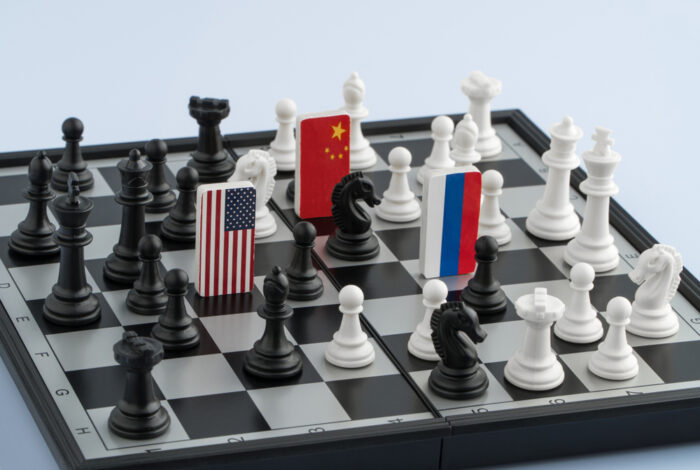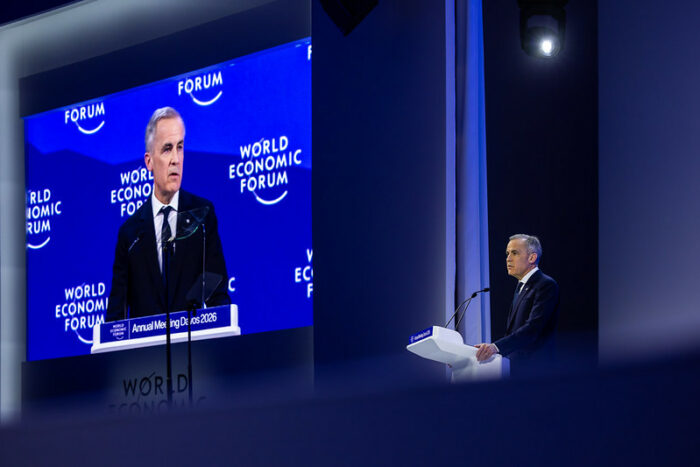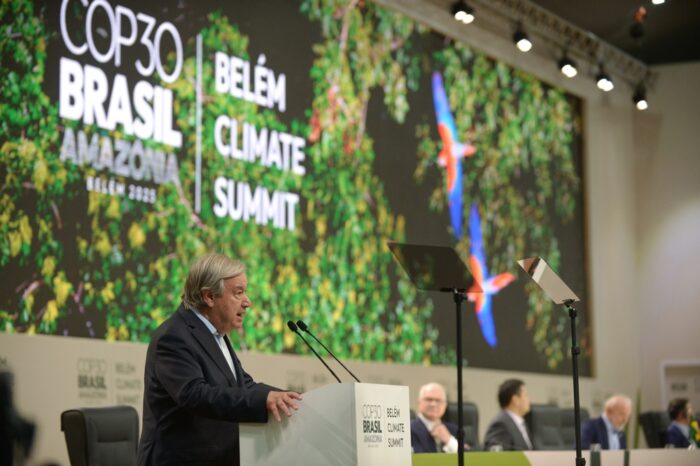The Progressive Post
10 years after Mubarak’s fall – there was no ‘Arab spring’
Ten years ago, after weeks of demonstrations on downtown Cairo’s Tahrir Square, President Hosni Mubarak’s government crumbled. The regime that had led Egypt since 1952 was apparently ousted. The upheaval was certainly profound. But to speak, as Western media did, of an ‘Arab Spring’, charging it with improper political meanings, was a glaring mistake. It would have been enough to analyse the Egyptian scene in a cool-headed way to understand that the forces in the streets lacked the organisational structure, project, and social representation necessary to give a lasting political outcome to the revolt.
Exasperated by the economic crisis, by corruption and the lack of a future, the Egyptians who brought about the end of Mubarak’s rule (in office 1981-2011), put into question the historic political exchange between the regime and the citizens of Egypt. In this exchange, Egyptians accepted the absence of freedom against the promise of an upward social mobility for all. But the economic and political conditions did not allow for this any longer. The expulsion of the last heir of the ‘Free Officers Movement’ of the late 1940s and early 1950 however did not translate into a consensus in the Egyptian society. The objective political immaturity of the forces in the streets did not allow to go beyond the request, certainly politically significant, for the resignation of the Rais. It is no coincidence that, after the exaltation of bloggers and young people without ideology as actors of change, the initiative returned to the forces that have been deeply rooted in Egyptian society for decades: the military and the Muslim Brotherhood. These strategic competitors have been present in every corner of the country for more than half a century. And these forces will, again, compete for power.
After the parenthesis of Mohamed Morsi’s government, the cycle of restoration ended with the rise of general Abdel Fattah el-Sisi. Morsi fell due to his own inexperience, due to the ambiguity of his leitmotiv of the Islamisation of the state, but also because of the obvious hostility of the military. In the wake of the heavy repression after the deposition of the elected Islamist president, with the military parading as executors of the ‘popular will’, the protagonists of the Tahrir Square uprising fell too. The restored regime does not tolerate any dissent.
Today, the military are again the undisputed masters of the country. The social classes that are hostile to the Islamists group around them: those who recognise themselves in secular nationalism originally forged by the former president Gamal Abdel Nasser (in office 1956–1970), but also religious minorities such as the Copts, who feel protected by the generals. In addition, there are the increasingly large social groups that are benefiting from state intervention in the economy, which is led by military cadres themselves. A class of the ‘military entrepreneurs’ has replaced the fragile, and often improvised, economic actors that emerged with the post-1989 ‘economic opening’. Actors of a sort of state military capitalism, that was born with President Anwar Sadat’s (1970-1981) anti-Soviet turn, raised in the Mubarak-era, and well-established in the early Al-Sisi era. It is a closely woven system of interests that binds millions of workers and their families to the powers and the fate of the ruling class. In this situation, foreign investors are kept away – with the exception of the energy sector which requires important resources and technologies – producing an internal consensus, based on the convergence of interests with the fate of the regime.
The ban on economic competition has a corollary in the political authoritarianism, aimed at excluding from the scene any possible opposition, whether democratic, liberal or of Islamist origin. All Islamist forces are considered terrorists: whether they accept to compete in free elections, like the Muslim Brotherhood, or are hostile to popular sovereignty which they consider an undue usurpation of the power of the divine, such as the jihadist groups. Lumping all these groups together and hiding their internal differences, serves to brand them as a total enemy altogether, but also to baring the Brotherhood durably from the political scene. In the strategy of disrupting the Brotherhood, the regime counts on the support of Saudi Arabia and the Arab Emirates, who not only encourage this policy for internal and international objectives, but also support Egypt, not least economically. The Brotherhood, on the other hand, is supported by Turkey and Qatar, at least until the recent rapprochement of Doha with the other Gulf countries. The internal situation is therefore closely linked to the international state of affairs.
The anti-Brotherhood axis with Saudi Arabia and Israel closes the circle of Egyptian politics, founded, on a regional level and beyond, on the guarantee of stability and anti-Islamist containment in exchange for a free hand in internal affairs. This harshness becomes clear not only in the heavy repression of dissent of any kind, in the tendency of intellectuals to flee the country, in the blatant violations of human rights, of which the Regeni case was only the striking tip of the iceberg (the abduction, torture and murder of an Italian PhD Student who was conducting research on Egyptian trade unions), but also in the rampant government control over the judiciary, in the militarisation of institutions and the growing political weight of the security bureaucracies.
Against the backdrop of these complex geopolitical and diplomatic constraints, an EU strategy able to induce the Al-Sisi’s regime to greater openness in terms of human and democratic rights, can only be found in a very open and frank discussion of the Egyptian dossier. This is not only about values, but also about collective security. The massive repression of dissent threatens to push many young people to sympathise with organisations that are determined to use force to oppose an increasingly authoritarian power. Some militants of the Brotherhood contest the line of their leadership towards the regime, which they consider too soft, leave the historical Islamist formation to look for more radical forces. Already in the past, this phenomenon has contributed to strengthen the ranks of jihadist groups – with the consequences we know.
The Egyptian case is only a piece in the puzzle of the decline of the ‘Arab spring’: ten years after, the balance is not positive. The case of Tunisia stands out as an exception: in spite of considerable difficulties due to social and economic conditions, the country has a large civil society that is determined to keep the democratisation process open. But Libya and Syria have been heavily impacted by civil war, as has Yemen. The internationalisation of these conflicts has aggravated the situation, reshaping new spheres of influence. With the exception of Tunisia, there is no greater pluralism, no increased respect for minorities, no better economic development, and certainly no attenuation of inequalities, compared to the past. The lack of an autonomous, strong civil society remains the weak point in this region, where the main protagonists of the scene remain old political actors who determined, still, to polarise conflicts to their advantage.





